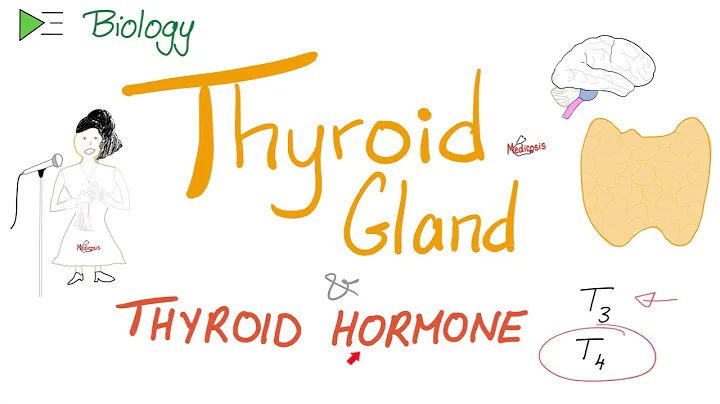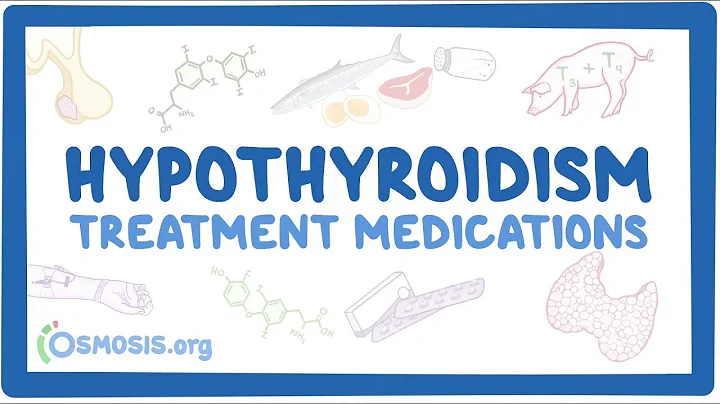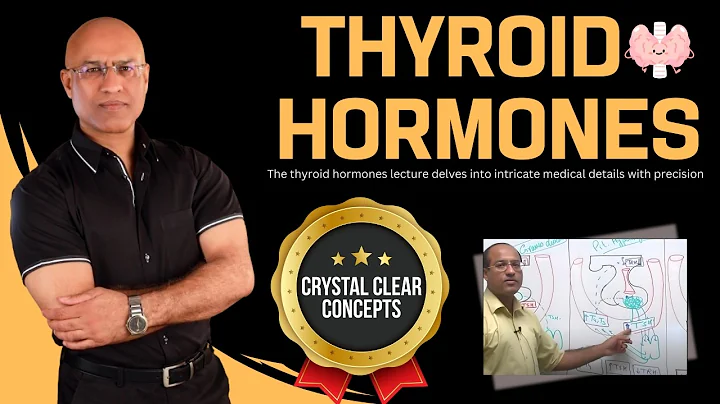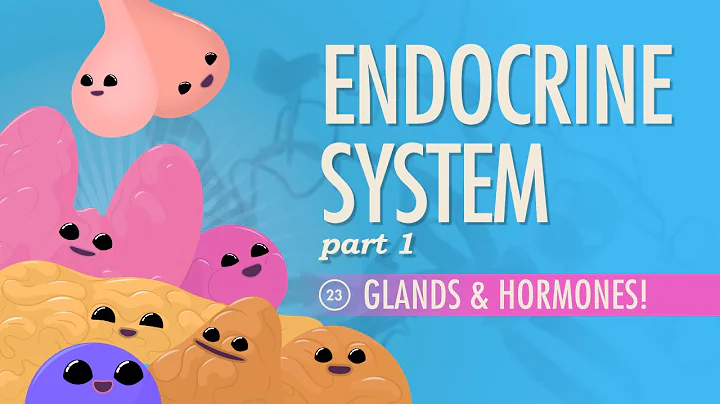
✔ Iodine is an essential micronutrient for metabolism, growth and development, and is also a key element for human synthesis of thyroid hormone. Pregnant women are susceptible to iodine deficiency. Early pregnancy is a period of rapid development of the fetal brain. However, the thyroid function of the fetus in the first three months of pregnancy has not yet been fully established. Its thyroid hormones mainly come from the pregnant mother. Therefore, the quality of the thyroid function of the pregnant mother has a direct impact. The development and maturation of the fetal brain plays a vital role in the neurological and intellectual development of infants and young children.
✔ All the iodine needed by the fetus comes from the mother. Insufficient iodine nutrition in pregnant women will cause iodine deficiency in the fetus. Severe iodine deficiency during pregnancy may cause fetal miscarriage, premature birth, stillbirth and congenital malformations. Pregnant and breastfeeding women require significantly more iodine than the general population, and they need to supplement appropriate amounts of iodine in a timely manner.
Avoid iodine deficiency and iodine excess
✔ During pregnancy preparation, pregnancy and lactation, consume at least 250μg of iodine per day. When taking iodine-containing salt, you should pay attention to the total daily iodine intake. If the daily intake of iodine exceeds 500μg, it may lead to fetal thyroid cancer. reduce risk.
Do a good job in screening for thyroid disease
✔ Perform serum TSH test when preparing for pregnancy. TSH is the most sensitive indicator for screening thyroid disease. Early detection and early treatment can help reduce the occurrence of adverse pregnancy outcomes;
✔ Do it during the first pregnancy test. Conduct clinical evaluation. Screening indicators include serum TSH, FT4 and TPOAb, and it is recommended to conduct it before 8 weeks of pregnancy. Those with conditions can dynamically monitor urinary iodine levels;
✔ Pregnant women with normal thyroid function and positive thyroid autoantibodies before pregnancy, Thyroid function should be monitored regularly.
Symptoms of thyroid disease during pregnancy
✔ Hyperthyroidism during pregnancy (hyperthyroidism): often manifested as hypermetabolism, irritability, heat intolerance, sweating, flushed skin, rapid pulse, bulging eyes, hand tremors , irregular heartbeat etc. In severe cases, hyperthyroidism crisis may occur, which may manifest as anxiety, irritability, nausea, vomiting, shock or even coma;
✔ Hypothyroidism during pregnancy (hypothyroidism): Mainly manifested by general fatigue, drowsiness, Memory loss, hoarseness, sluggish expression, thinning hair, and in severe cases, cardiac enlargement , pericardial effusion , etc.
Dangers of pregnancy complicated by thyroid disease
✔ Pregnancy complicated by thyroid disease has a negative impact on the outcome of pregnancy. It will not only damage the neurological and intellectual development of the offspring, but also lead to miscarriage, premature birth, low birth weight infants , fetal malformations, etc., and even Increase the incidence of pregnancy complications such as gestational hypertension and gestational diabetes .
Scientific response to common thyroid diseases
✔ Pregnancy complicated by thyroid disease should be jointly diagnosed and treated by obstetricians and endocrinologists, take medications as directed by the doctor, and review regularly.
✔ Hypothyroidism: Take medication in time before pregnancy to ensure that TSH is at a normal level; during pregnancy, supplement and thyroxine according to the results of thyroid function, and regularly review thyroid function to adjust the drug dosage;
✔ Hyperthyroidism: Before pregnancy, ensure that thyroid function is controlled normally and is stable after pregnancy , timely change the drug or stop the drug for observation; strengthen monitoring and close observation during pregnancy to control the development of hyperthyroidism;
✔ Thyroid nodules : Ask about the medical history in detail, complete the physical examination, measure thyroid function and thyroid color ultrasound, and perform fine needle examination if necessary Puncture and aspiration cytology examination determines whether it is benign or malignant;
✔ Postpartum thyroiditis : It is common to develop within 1 year after delivery, and thyroid autoantibodies are positive in early pregnancy, which increases the risk of occurrence. Remember to seek medical treatment in time and follow the doctor's instructions to adjust medication.
References for the above content: Endocrinology Branch of Chinese Medical Association, Perinatal Medicine Branch of Chinese Medical Association. "Guidelines for Diagnosis and Treatment of Thyroid Disease in Pregnancy and Postpartum (2nd Edition)" [J], Chinese Journal of Perinatology Medicine , 2019, 22 (8):505-539.

Scientific prevention and screening of congenital hypothyroidism
✔ The human body can only obtain iodine from food or drinking water. If the iodine content in the diet is insufficient for a long time, it may cause insufficient synthesis of thyroid hormone, leading to iodine deficiency. Disease , children's height, weight, bone, muscle and other growth and development and sexual development all depend on thyroid hormone. If there is a lack of iodine, the physical development of children will lag behind , especially during the critical period of children's brain development (the beginning of pregnancy) By the time the baby is 3 years old), iodine deficiency will lead to delayed intellectual and physical development in children.
✔ Congenital hypothyroidism (congenital hypothyroidism) is a disease caused by a congenital defect of the newborn's thyroid gland or a lack of iodine in the mother's diet during pregnancy, resulting in thyroid hormone synthesis disorder and reduced secretion, resulting in growth disorders and mental retardation in the child. , commonly known as " cretinism ", if not treated in time, children will suffer from intellectual development disabilities and short stature.
✔ After the baby is born, blood is collected from the heel and dropped on a special filter paper for neonatal disease screening , which can early diagnose and treat congenital hypothyroidism .
(Source: Qingdao Maternal and Child Health Center)
[Disclaimer: We respect originality and our main purpose is to share information. The copyright belongs to the original author. If there is any infringement of your rights, please inform us in time and we will delete it within 24 hours. 】
Shibei District Health and Health Bureau
Official Weibo QR code
Shibei District Health and Health Bureau
Official WeChat QR code
We will share with you the progress and results of the reform and development of health and health undertakings, including news hot spots and comprehensive inquiries , scientific knowledge on health care and disease prevention is delivered to you. I hope everyone can learn health knowledge from it and create their own sunny life.
Shibei Health
WeChat ID: sbwsjs
Sina Weibo: @shibei health
![Thyroid Hormone Synthesis: Step-By-Step Pathway [Physiology Explained] - DayDayNews](https://i.ytimg.com/vi/1Dgz9Pky6WA/hq720.jpg?sqp=-oaymwEcCNAFEJQDSFXyq4qpAw4IARUAAIhCGAFwAcABBg==&rs=AOn4CLBRxrSEjpeGX5I3dLkw6rdCwT1Y2A)
![Thyroid Hormone Synthesis: Step-By-Step Pathway [Physiology Explained] - DayDayNews](https://cdn-dd.daydaynews.cc/img/play.svg)



















